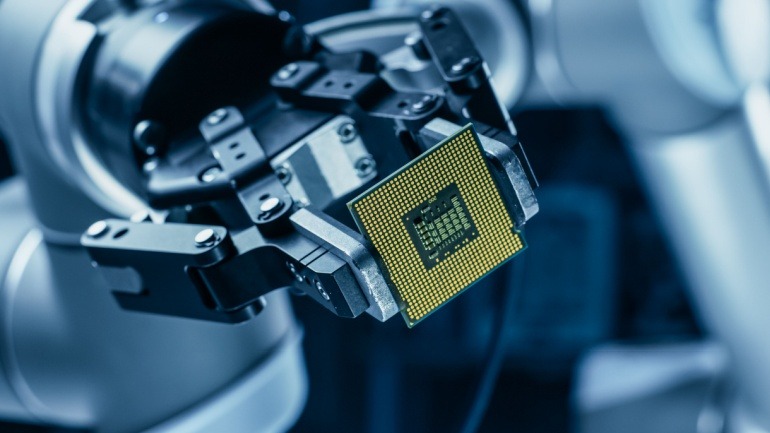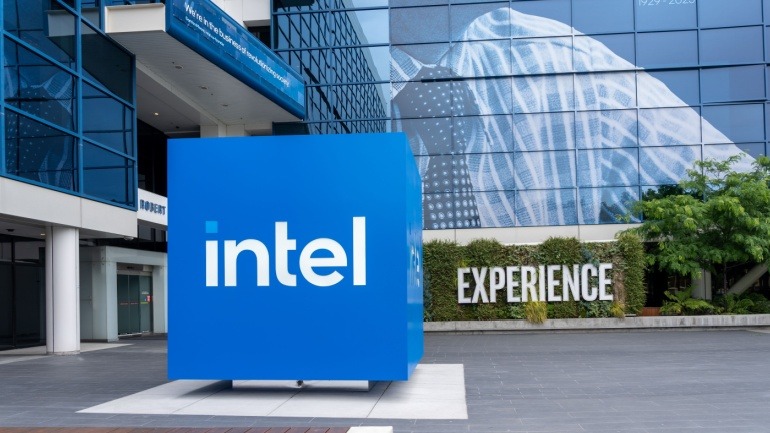The U.S. tech giant Nvidia is optimistic about resuming its sales of the H20 chip in China. The company plans to restart following informal assurance from U.S. authorities. This move comes after Nvidia faced a significant $4.5 billion inventory loss due to export restrictions.
Currently, the Nvidia H20 chip is subject to U.S. export restrictions. These began during the Trump administration and affected the H100 and H200 GPUs. Recent updates in April 2025 extended the ban to include the H20 chip, meant to comply with existing rules.
Despite these challenges, Nvidia’s CEO Jensen Huang confirmed that applications are in process. These efforts aim at clearing the way for chip deliveries to its Chinese customers. These attempts are crucial as Nvidia boosts its strategy for China-specific AI chips.
However, the export ban has had strategic implications. Some Chinese companies are reportedly planning new data centers equipped with restricted Nvidia chips. This revelation by Bloomberg raised concerns over how acquisition occurs under the restrictions. Nvidia, responding to these claims, emphasized that merely inquiring online does not result in functioning data facilities.
Moreover, running modern data centers requires substantial engineering support. They note that outdated or smuggled chips are inefficient compared to locally available Huawei alternatives.
During a visit to Beijing, Nvidia’s CEO engaged in discussions highlighting AI’s role in increasing productivity. Essential conversations revolved around safe AI advancements that promote global benefit. Concurrently, meetings with U.S. officials, including President Trump, indicated Nvidia’s support for strengthening domestic AI infrastructure.
General-purpose, open-source AI models formed the backbone of these discussions. These models democratize AI, providing opportunities across emerging economies in various regions, from Latin America to Asia.
The delicate balance of policy and diplomacy further complicates Nvidia’s situation. Secretary of Treasury Scott Bessent acknowledged the use of export controls in broader trade discussions between the U.S. and China. This intricate global relationship aims to adjust reciprocal tariffs and foster economic cooperation.







